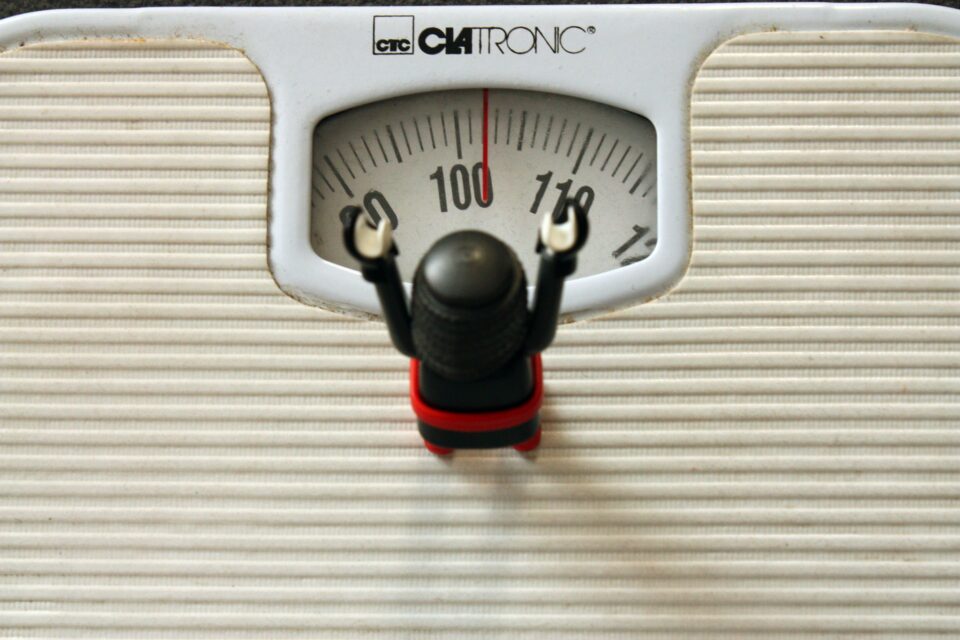In the vast universe within our bodies, a microscopic community of bacteria plays a pivotal role in shaping our health and well-being. Recent research has uncovered a fascinating link between the bacteria residing in our gut and our ability—or struggle—to shed those extra pounds. Let’s delve into the findings of a groundbreaking study that unveils the connection between gut bacteria, endotoxins, and the intricate dance of weight loss.
A Hidden Player in Weight Management
Our intestinal tract is a bustling ecosystem hosting millions of bacteria, mostly harmless or even beneficial for our digestive system. However, lurking within this microbial community are endotoxins—tiny fragments released when bacterial cell membranes break. While usually harmless, these endotoxins can become problematic if they find their way into the bloodstream.
Endotoxins and Fat Metabolism
A recent European study has shed light on how these endotoxins complicate a key process in our bodies’ fat-burning mechanism. The focus is on white and brown adipose cells, responsible for storing and metabolizing fat, respectively.
White adipose cells are efficient fat storers, while brown adipose cells boast multiple mitochondria, making them formidable fat-burning powerhouses. The endotoxins, it seems, disrupt the transition between white and brown cells, impeding the smooth conversion of fat into energy.
According to Christian and his research team, these endotoxins from the gastric system reduce the metabolic activity of fat cells, hindering their transformation into energy-efficient brown cells. This interference creates obstacles in the body’s ability to metabolize excess fat, potentially complicating weight loss efforts.
The Obesity Connection

Researchers speculate that this issue is more prevalent among individuals struggling with obesity. The reason lies in the less resilient gastric tracts of those with obesity, making them more susceptible to endotoxins entering the bloodstream and, consequently, reaching fat cells.
In a study involving 156 participants, 63 of whom were classified as obese, Christian’s team observed lower levels of endotoxins in those who had undergone bariatric surgeries like stomach reduction or gastric bypass. This discovery suggests that such surgeries could offer an additional benefit by restoring normal function to fat cells.
These findings underscore the intricate relationship between our bodies and the microbiota within. The human microbiome, teeming with diverse species and variations between individuals, has emerged as a crucial factor influencing health. The prevalence of non-communicable diseases, such as diabetes and certain cancers, is believed to be linked to the composition of our microbiota.
Embracing the Holobiont Concept
Scientists are now considering humans not as solitary beings but as holobionts—organisms comprised of various parts from different species. This concept emphasizes the symbiotic relationship between humans and the microscopic organisms within us, akin to the intricate collaboration seen in lichens.
Endotoxins represent just one facet of the myriad interactions occurring between our cells and these microscopic organisms. While not particularly encouraging, understanding this aspect can be a key to unraveling the immense puzzle of interactions shaping our health.
Navigating the Microbial Maze
As we navigate this microbial maze within, it becomes increasingly clear that our gut bacteria hold significant sway over our weight management journey. The disruption caused by endotoxins highlights the need for a holistic approach to weight loss that considers not only dietary and exercise factors but also the intricate dance of microbes within us.
For those battling obesity, the potential benefits of bariatric surgeries extend beyond physical alterations. These procedures may offer a reset button, allowing fat cells to resume their normal functions by mitigating the impact of endotoxins.
Conclusion
In the intricate tapestry of our health, the role of gut bacteria and their interaction with endotoxins is a captivating subplot. As we uncover more about this microbial mystery, the potential for innovative approaches to weight management and overall well-being becomes ever more apparent. Embracing the complexity of our inner world, we embark on a journey towards better understanding and harnessing the power of our microbiome for a healthier, more balanced life.
